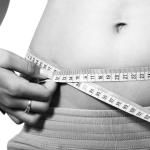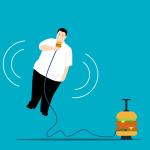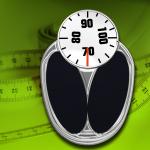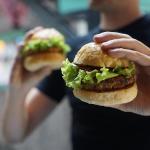“Overeating isn’t fueling obesity, it’s too many carbohydrates in our diet, researchers say,” Fox News reported on June 7.
weight loss
Join our directors of chemistry and bio-sciences, Dr. Josh Bloom and Cameron English, as they break down these stories:
If you want to lose weight, there seems to be only one way to do it: find a tolerable, nutritious diet that will allow you to cut your calorie consumption over the long term—and stick with it.
America's public health establishment has made a lot of critical mistakes in recent years. One of the worst has been its willingness to comply with social justice activists who are committed to minimizing or denying the dangers of obesity.
The world is getting fatter, and public health experts don't know what to do about it.
There's an odd disconnect between the way we talk about the causes of obesity and the solutions we employ to help people manage their weight.
“For many people, regardless of size, stepping on the scale at the doctor’s office can be a triggering, harmful experience,” SELF magazine reported late last month.
After being obese for most of my life, I finally made the decision to get in shape in my early 20s.
You're familiar with the phrase "diet wars." Some people swear low-carb is the way to go. Others say such hi-fat programs will kill you; what you really need is a vegetarian diet.
Those delightful calories we swallow are broken down as we chew them up, further dissolved with acids in the stomach, which then releases them to our intestinal tract, where we absorb the nutrients and send the rest to our microbiome.












